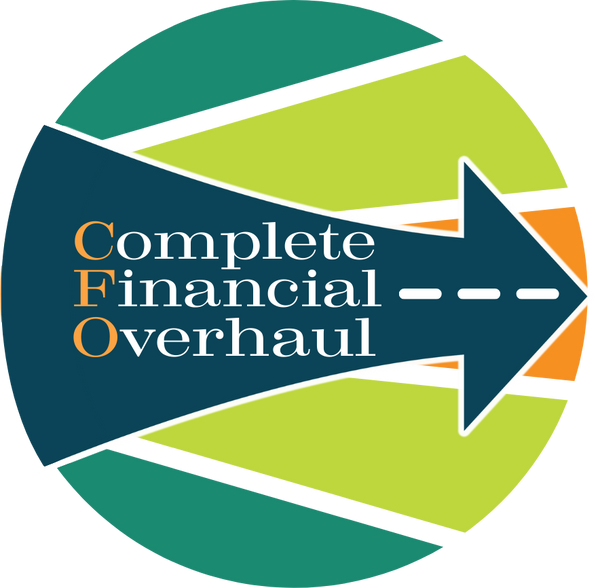Budgeting Basics
Share
Navigating the world of finances can often feel like trying to cook a five-star meal for the first time—intimidating, a bit confusing, but ultimately rewarding when you get it right. Budgeting, much like cooking, is an essential skill that can turn the raw ingredients of your income into a delightful feast of financial well-being.
Think of your budget as a recipe book for your money. Each recipe represents a different aspect of your financial life—savings, rent, groceries, entertainment, and the unexpected extras. Just like in cooking, the key to a successful budget is balancing the ingredients. Too much spending on eating out can spoil your financial stew, leaving you unable to afford the essentials like rent and utilities.
Start with the basics: income and expenses. Picture your income as a full pitcher of water. Each expense is a cup you need to fill—some cups are bigger (like rent and car payments), while others are smaller (like streaming subscriptions or a morning coffee). The goal is not to pour so much into one cup that you run out before you can fill the others.
To spice things up, consider using the envelope system—this is like using measuring cups for your spending. Allocate a set amount of cash for different spending categories and place the cash in labeled envelopes. Once an envelope is empty, your spending in that category is done for the month. This tactile method makes it much easier to see how much you've used and what's left, preventing you from accidentally pouring too much into non-essential activities.
Saving money should be like seasoning—sprinkled throughout every part of your budget. Even a small amount saved regularly can add layers of flavor to your financial future, helping you handle emergencies or afford that dream vacation much like a sprinkle of salt brings out the flavors in a dish.
Remember, the best chefs taste their dishes as they go. Regularly check your financial situation like a chef tastes their dish, adjusting your spending as needed to ensure you're not heading towards a bland month-end or, worse, a financial disaster.
Finally, don't be afraid to experiment. Personal finance is personal for a reason, and what works wonderfully for one person might not be perfect for another. Adjust your budgeting recipe until it fits your taste perfectly, allowing you to savor the success of your financial goals. If a particular expense consistently overshoots, consider ways to trim it down, or if an area like savings feels underseasoned, find ways to gradually increase your contributions without overwhelming your day-to-day liquidity.
Also, it's important to accommodate changes in your financial situation—just like how recipes can be modified based on what ingredients are available or what guests might prefer. A pay raise, a new expense, or a financial windfall are like unexpected ingredients that you need to incorporate into your budget. Being flexible and adaptive with your budgeting strategy will help ensure that it remains effective, no matter the financial climate.
With these tips, managing your money becomes less of a chore and more of a creative endeavor. Each month is a new opportunity to perfect your recipe, tweak your ingredients, and enjoy the feast of financial stability you've prepared for yourself. Happy budgeting!
